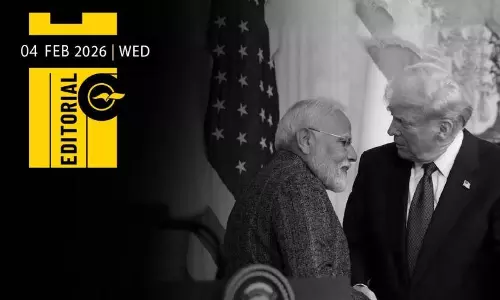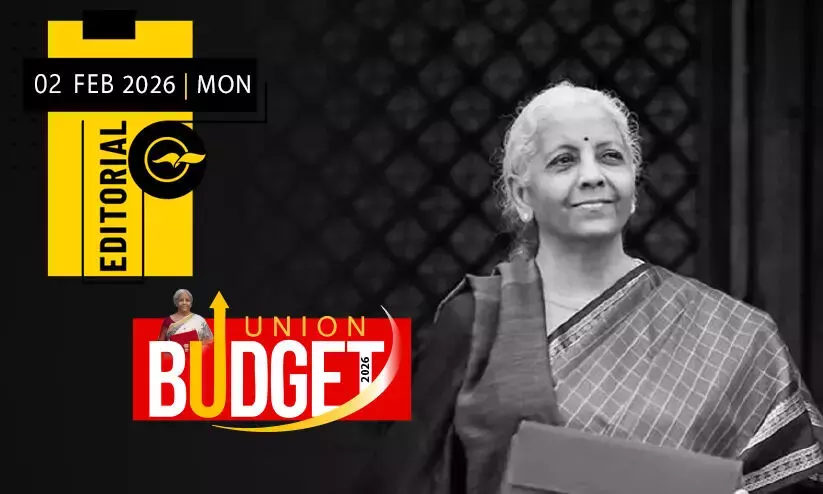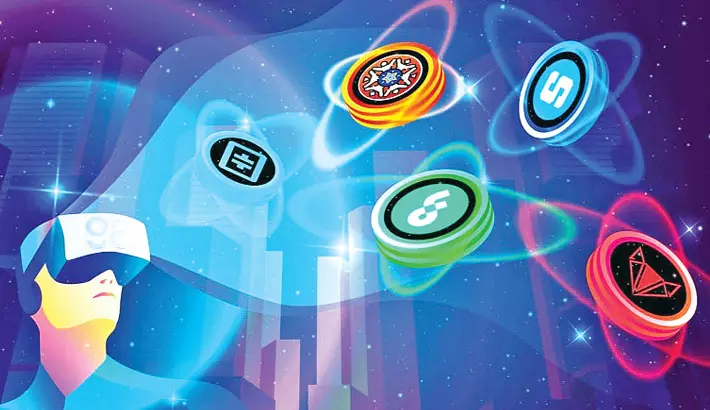
How morality is altered in the virtual world
text_fieldsImage for representation only
Morality, largely defined as a set of principles guiding right and wrong behaviour, is deeply rooted in the real world, be it the social, cultural or legal norms. However, the emergence of the virtual world—social media, video games, virtual reality, and online platforms have significantly altered how individuals perceive and practice morality. The virtual environment creates unique circumstances that often blur moral boundaries, affect accountability, and reshape human interaction.
One of the most significant factors altering morality in the virtual world is anonymity. Unlike face to face interactions, the virtual space often allows users to conceal their real identities and affiliations. This anonymity can reduce the sense of personal responsibility and encourage behaviours that would typically be deemed unethical, such as immoral relationships, unethical virtual communication, cyberbullying, trolling, harassment and many others. Individuals who would not engage in such acts in the physical world may feel emboldened online due to the perceived lack of consequences and the lack of the real world social, emotional or spiritual presence and pressures or challenges.
Another major influence is the lack of physical presence and emotional hints. In real life, moral decisions are often taken based on empathy and the emotions and reactions of others. The virtual barrier reduces these feedback loops, making it easier to dehumanize others. For instance, it becomes simpler to send a hurtful comment or spread misinformation when one cannot see the immediate emotional impact on the recipient. On the other hand, it is also easier to share or express your feelings or flirt in "healthy" or unhealthy ways, with known and unknown people whereas in real world individuals may not do so or consider the communication and interaction unethical or under the dilemma or in the doubt category.
The gamification of actions in virtual environments alters moral perception. In video games or platforms involving role play, players may engage in violence or deceit as part of the gameplay without real world consequences. Repeated exposure to such actions can easily desensitize individuals to unethical behaviours, making them more tolerant or indifferent in real world situations. In fact such a medium is a great tool to reduce morality and make people feel no guilt for their actions in real world when indulging in unethical behaviours or actions online due to the repetition and comfort it creates, not to forget the thrill and the fun it adds to the experience.
Moreover, cultural diversity and conflicting norms in virtual global communities can lead to moral ambiguity. What is acceptable in one culture may be offensive in another, making it difficult to apply a universal moral code in the virtual world. As people interact across borders, they may adjust or question their own moral standards based on what they observe in others. It is easy to copy-paste or cut, edit and paste from different cultures but confusing at the same time to navigate through such a mixed bag of cultural codes for the majority. It is easy to be judgemental and treat others unfairly due to one's own lack of exposure and experience. Therefore it is important to observe, analyse, research in these cases psychology and science backed facts, communicate and then make more informed decisions when it comes to the unknown or yet to explore areas of this vast and deep and sometimes dark virtual world.
The online algorithms as well as artificial intelligence can also influence moral decision making. Social media platforms often promote sensational content that triggers strong emotional responses, sometimes encouraging dividing or harmful behaviours from the masses. Users may become trapped in echo chambers, reinforcing specific moral or ideological views while dismissing opposing perspectives completely. Individuals can lose the ability to see through the lens of logic and common sense for even the simplest of things which could be obvious.
In conclusion, morality in the virtual world is inconsistent and context dependent. The structure of online platforms, combined with anonymity, emotional distance, cultural clashes, significantly impacts how moral choices are made and justified. As society becomes increasingly virtual, understanding and addressing these moral shifts is essential to fostering ethical behaviour and a balanced growth and progress of the human race.
A border-less world may be a beautiful dream but a boundary-less world can destroy the real world's peace and create havoc in the internal world of the already inconsistent Human Being.
(Madiha Ahmed is a socio-cognitive development expert, thought programmer conducting corporate trainings, career mentor and virtual screener for clients in India and abroad. She works in a rural school in Sunderban area which she started with her husband. Her thrust areas also cover data analytics, psychology, family management and relationships)
























